“When a man looks into the abyss, he sees nothing. That’s when he finds his character, and that’s what keeps him out of the abyss.”
-Lou Mannheim; Wall Street
American fighting men kill themselves at a rate more than any other demographic, and it’s not just because of wartime trauma, or lack of help, or anything else that could leave one to believe the combat veteran is some sort of victim. The reason is because the military way of life has turned into a subculture that inevitably fosters careerism, disenfranchisement, and unhealthy climates that crush the souls of its warriors.
As an Infantryman, who served a total of 54 months in Iraq and Afghanistan all at the tactical level, I have some perspective that may be of value to the civilian world. Reading the story of Commander Job Price’s suicide in 2012 inspired me to address this topic, because the suicide dilemma in our military is now transcending all ranks and specialties.
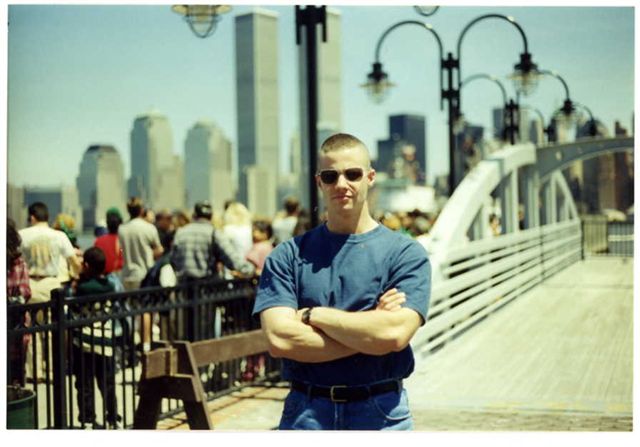
With no interruption to its lifestyle and prosperity, America allowed the military to shoulder the entire burden of national policy in the Islamic world. The military accepted this burden, along with the absence of good strategy, ultimately shown by national leadership neglecting to give a sound definition of what winning was, or who the enemy was for that matter. There has never been an American war fought like this, where the same people fought the same battles over and over for almost fifteen years with no respite to build a family, reconnect with old friends, or build equity and roots.
The military did this without complaint, but with enthusiasm. Its members never questioned the military’s social contract with them, which is more than a paycheck and free health care. It’s the promise of honor, nobility, the undying dignity of the patriot-warrior who can sit near his hearth, contemplate his scars, and look out at the family and community that lives in peace because of his sacrifice.
Yet sadly this isn’t the case now. The contract isn’t fulfilled. Fighting the long war has been a journey into the abyss, and our sad suicide rate is simply the way the abyss is consuming us. Fifteen years have gone by that have felt like a century, and with America in schism and the military way of life in decline, there is no place for fighting men to go home to as they are, or who they’ve become.
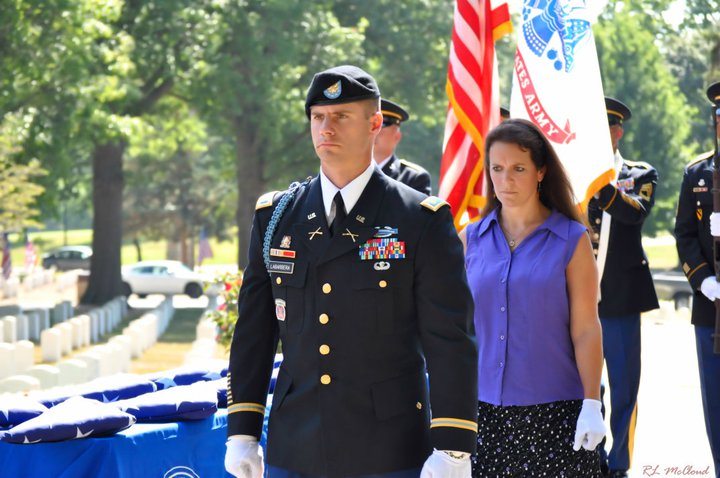
What became painfully evident was that the more the military fought, the more different and isolated from America it became. Those of us who fought realized that we are separated by three echelons from civilian America, there being three military cultures that exist under the mantle of the Department of Defense.
There is the fighting military, which is youthful, commanded by young men, and was once a place of competitive manly spirit, unique character, Esprit de Corps; a world unto itself. This was the military that, outnumbered and outgunned, tore through a one million man Iraqi military twice in little more than a decade, with the ease as if it was conducting a forty eight hour live fire exercise. The military was a warm place to be for a serious professional. Regimental affiliation, pride, merit, honor, constantly pushing to the limit; all the things a fighting man lives for.
What combat veterans need is to regain their optimism after fifteen years of cynicism, endless stress and uncertainty.
Then there is the logistical military, seven to ten times the size of its combatant brothers, whose members co-exist with the fighting military. Here lies the decisive tool to project the fighting military anywhere in the world for any period of time – an incredible capability that no other nation has.
Finally, there is the garrison military. This is primarily civilian and highly regulated, and mostly outsourced to private business. Its language is corporate, its focus is liability, and it does not deploy or fight. Unlike the logistics and the fighting military, this group gets to live as long as they like somewhere and work set hours and have a union.
As these echelons within the military become more firmly established, resulting from political factors and the stress of the long war, the military loses its integrity as a national estate; a cornerstone of American values. Instead, outside influences seep in and delude the fierce and competent culture into a diaspora of confusion and debilitating incessant friction.
The military personnel system moves its professionals from base to base every two to three years, uprooting their families and starting careers over with entirely new sets of people to work with. At every new base there is the pressure to excel and make an impact, and every new assignment is about preparing for combat. As expensive as it is, the military insists on the necessity of this cultural policy. Only paradigms and human resource statistics justify these moves, and no official policy explains it other than “this is the way it’s always been done.”
The frequency of these moves, combined with a fifteen year war, where those in the combat arms fought on consistent back to back deployments, have taken a toll as men leave the units they trained and fought with over a span of two to three years to go to a different unit in a different part of the world and adapt to a new set of rules and paradigms.
Families suffer from this. Often the added stress of moving, losing a family to divorce or separation, and the subsequent, sometimes miserable assignment, results in extreme disenfranchisement. Before the war, the enthusiasm of service compensated for all this, the high standard and tempo of training being so absorbing that a new assignment was a chance to improve oneself professionally.
However things have changed, and the war has created a generation of combat veterans that are at odds with the over regulated and stifling garrison estate within the military, and also the senior leadership itself. All of this poisons cultural optimism, and is further aggravated by the constant moves that weaken the subculture’s unifying and healing informal support systems.
In recent years, the military’s regimented and sometimes nepotistic career path grew at odds with the culture that develops from fighting wars. The current General officer class and military civilian establishment have not only professionally matured in the garrison environment, but likely were raised from childhood in it as well, being mostly from military families. This profound influence often causes military leaders who began their careers in the 1980s to erroneously replicate garrison in their application of the military art.
This military leadership, having professionally matured before the long war began, won’t resolve this conflict. This is a generation that survived political purges known as reduction in force (RIF) and they do not commit to endeavors that have no bearing on their future success and promotion.
Promotion, rather than the sense of profession, often drives the military. In the first fifteen to twenty years of a career, a military professional is promoted entirely on his evaluations which are measured only by a senior officer’s opinion. The wording on these evaluations is largely meaningless for promotion. Quite simply, a senior officer just rates a subordinate as below, average, or above average. The senior officer is afforded a smaller fraction of above average evaluations to give out. He “racks and stacks” his subordinates who are in competition with each other for his favor.
A senior officer often pre-identifies subordinates as “cannon fodder” meaning they are doomed to average or below average evaluations so that the rater can take care of his preferred subordinates. After twenty years gone by, promotion and key assignments are almost entirely based on General officer influence. Without evaluations from General officers in their file or their behind the scenes influence, a military officer does not rise to higher command, since the merit of a man is defined by a General’s opinion over all else.
On the enlisted side it’s more of a meritocracy because they are not “racked and stacked” yet in 2016 the new enlisted evaluations will require that method. Hence, the military promotes those who seek the recognition of those in power, over those who focus exclusively on the profession. As a result, enumerable seasoned combat veterans have culminated in their careers, and continuously receive subtle messages of rejection by the military profession, causing them insult to their self-worth. After spending their entire youths at war and training for war, this is an egregious rejection. Adding to the institutional nepotism is that General’s aid assignments are more career enhancing then leading or planning in combat. Being a former General’s aid greatly enhances high marks on future evaluations, to the disadvantage of those who were not in those assignments.
Encouraging disparity among combat veterans is the current infusion of political correctness. Congress gave the military an ultimatum to resolve sexual assaults that resulted from increased gender integration beginning in the 1980s, and to accept open LGBT personnel, or suffer the loss of its legal authority. This would essentially kill the ability of the military to affect its own discipline, essential to surviving combat. The forced integration of gender and LGBT have presented challenges to unit cohesiveness and hyper masculine approaches to the historically masculine military profession.
Admitting this is damning to an officer’s career. The military’s official answer to this schism has been to show enthusiastic support of the shift, but the reality has been an aloof approach, signified by the immediate shunning of any leader who receives a complaint – substantiated or not. A whole career can be killed by one disgruntled complaint. Therefore a generation of young military leaders are taking an approach to substandard behavior, quantified by the paradigm “Don’t engage,” which epitomizes what can be called the “Pontius Pilate” characteristic, not the optimal trait for a military leader. Handling this turmoil is difficult, and now, at the dusk of the long war, any dissent is career ending.
The generation that is experiencing the suicide rate is the same one that fought the longest through the long war, and returns home to see this transformation. It is the target audience for a direct threat to change personae and leadership styles to accommodate this cultural shift. The “Emperor has no clothes” mentality has become ingrained in the demeanor of military professionals, stifling them to strict limitations on expression.
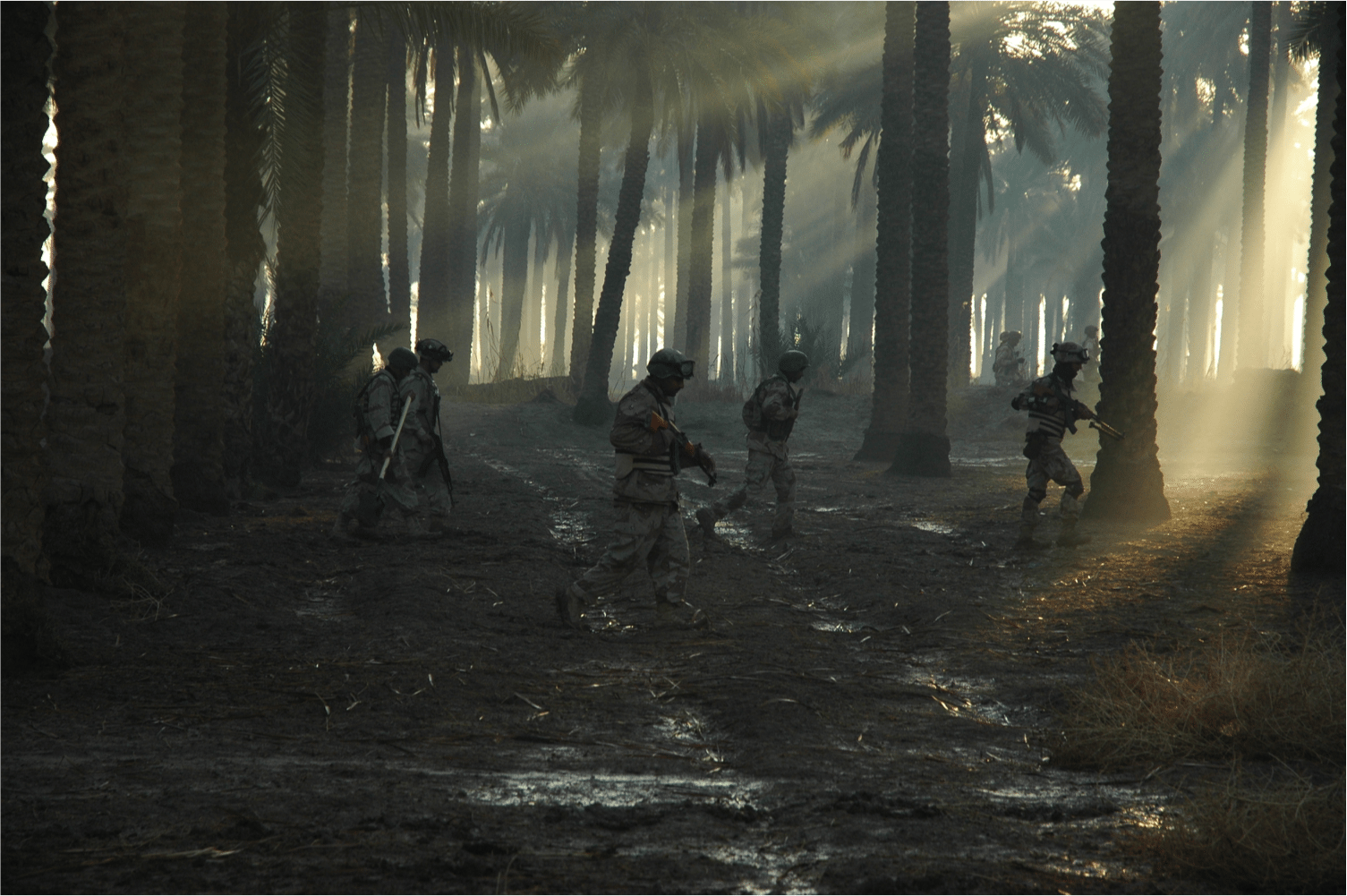
On the strategic level, the Bush Administration saw the long war as a replication of WWII (Saddam as Hitler, nation building as the Marshall plan). The reality was that the long war was a myriad of tribal and sectarian limited conflict, which was entirely conducted at the tactical level. The diverse realities among the many tribes and ethnicities could not feasibly be responsive to the strategic paradigms that the Bush Administration (and the military leadership) operated under.
In the long war, to lose tactically was to lose strategically, and the ghosts of WWII and Vietnam so haunted the military and the Bush Administration that they couldn’t see this simple truth. When the war realized itself to be a long one, the military developed the plan to rotate units in and out of the combat zone. However, coupled with the Garrison military’s needs there was little respite given to the fighting forces. The same people bore the brunt of the fighting and the most dedicated ones engineered their careers to keep deploying. Meanwhile, the more career minded jockeyed for staff positions with Generals and took the military’s graduate school options and teaching assignments.
Fighting in the long war consisted of life on a Forward Operating Base (FOB) or the Spartan Combat Outpost (COP) and going on endless missions that seemed to accomplish little. This turns men into automatons. Twelve months of this, then return to the U.S.; 90 days later get transferred to another unit where one has to start all over; train up for a year and again. Repeated deployments are a journey into darkness serving in a military that didn’t offer the soul healing honor that previous wars did. Infrastructures were designed to deal with this but they were self-defeating, since they often consisted of removing a combat veteran from his career path and re-classifying him as a patient or a trauma victim.
The men who did the most fighting would go on to became angry and confused, with moody personalities and explosive tempers. Instead of the career minded military leadership embracing the men who bore the brunt, they outsourced the “issue” to their “behavioral” health professionals. This “met the requirement” as military bureaucratic parlance would describe it.
The behavior health industry, commanded by military officers who specialize in medical administration, and consisting of mostly non- combat vets, treats all patients equally. Therefore a proven combat leader with a promising career, who seeks understanding for the sensory overload of his combat experience, waits in line with non-combat veterans. He sometimes receives joint treatment with them. Sometimes these are criminals being chaptered out of the military, malingerers pretending mental illness to get out of duty, and maybe even sexual assault cases or drug problems.
In Iraq and Afghanistan, life was being in an alien culture with nebulous purpose, lacking understanding of the atmospherics and in constant harassing conflict with an enemy who our leadership refused to identify.
The military’s behavioral health simply categorizes combat veterans with trauma victims, and this is a grievous insult to combat veterans. It’s also painfully obvious that much of the military’s behavioral health apparatus is largely a monitoring system run by social workers to basically make sure the combat veteran doesn’t become a liability. The approach the behavioral health community takes to combat veterans is far more sensitized to sexual assault victims and habitual users of psychotherapy. Tragically, the military simply assigns social workers who can’t possibly relate to combat veterans, and sometimes are sanctimonious. This is because there aren’t enough psychiatrists to go around.
Inevitably the military behavioral health practitioners just medicate combat veterans which often results in disastrous side effects.
What combat veterans need is to regain their optimism after fifteen years of cynicism, endless stress and uncertainty. Charitable veteran organizations that understand this often engage vets by taking them hunting and on adventures that give them back the initiative to re-engage life. There was a time where military culture itself was healing, but political correctness and subsequent careerism has killed this aspect of military culture.
The military entered into the long war led by a generation that had not experienced significant combat, and likewise by an administration that “went to war with the army you have” as put by Secretary Rumsfeld. As a result, the turns the war took were unforeseen, the military prioritized its career tracks over combat successes, and the generation that fought the war up close and personal, that overcame the challenges and was responsible for the successes, saw their efforts being for their boss’s credit and careers. They learned that reward comes from behavior inconsistent with heroic and honest leadership.
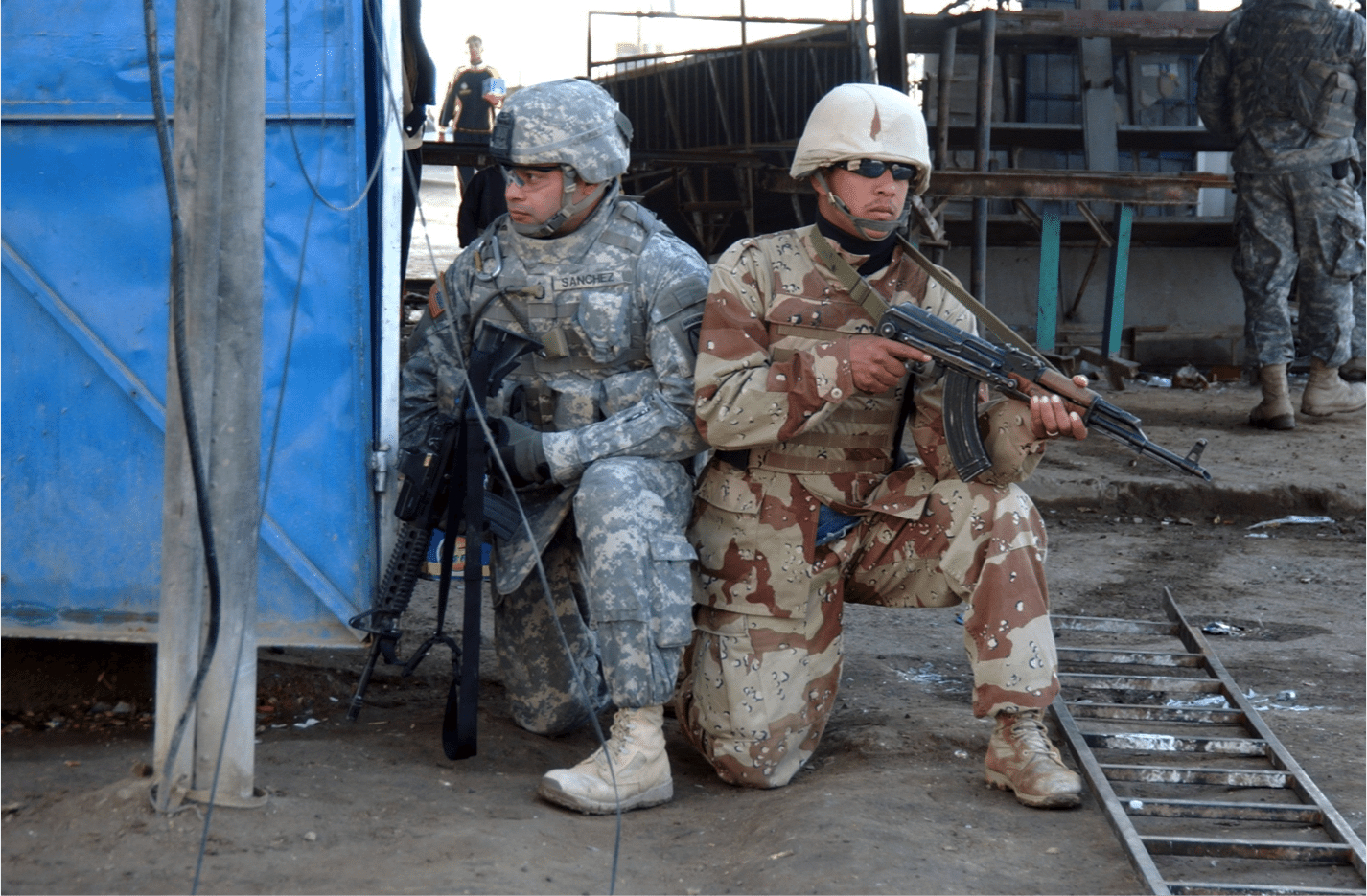
There are few personal outlets and happy moments in a modern military career. Military professionals spend most of their lives away from their families and the great majority suffer multiple divorces. Their lives consist of ceaselessly working on training plans, meetings, emails, answering accusations, implications, jockeying for commands and positions, and the end is all the same – a sense of failure because at some point they are often forced out of the military where they realize they are without roots, neighbors, even family. All the old comrades have moved on and live around the world.
This tragedy is the fruit of a national leadership that is devoid of situation understanding about warfare, because none have military credibility. This leadership is indicative of a national citizenry that largely rejects military service as unfit for themselves, but is happy to have others do it for them. This same citizenry is happy for their Congress to flippantly use the military for social initiatives, and then leave the burden of making it work to a generation that’s been fighting, away from family and kin for fifteen years. When combat veterans hear “thanks for your service” they often wonder if it’s because the person saying it means it so their kids don’t have to go.
The answer to all of this is the military itself needs to clean its own house, break out from the civilian run regulators. The Secretaries of the Army and Navy need to be real military people and not politicians. Generals and Admirals need to break with their love affair of a system they believe is good simply because they succeeded in it, and establish a warrior culture that raises and maintains great patriots and fighting men.
Until we de-politicize the military, then all of this is a fool’s errand, and those who fight the hardest and care the most will go further into the abyss.
Joseph Labarbera, Lima Charlie News
Joseph Labarbera (USMC, U.S. Army) served as Command Inspector General at Ft. Irwin, California. Joe served 54 months combined OEF/OIF, with 46 months of combat in the Army’s 10th Mountain Division throughout Afghanistan and Iraq.
Lima Charlie World provides global news, featuring insight & analysis by military veterans, intelligence professionals and foreign policy experts Worldwide.
For up-to-date news, please follow us on twitter at @LimaCharlieNews
In case you missed it:

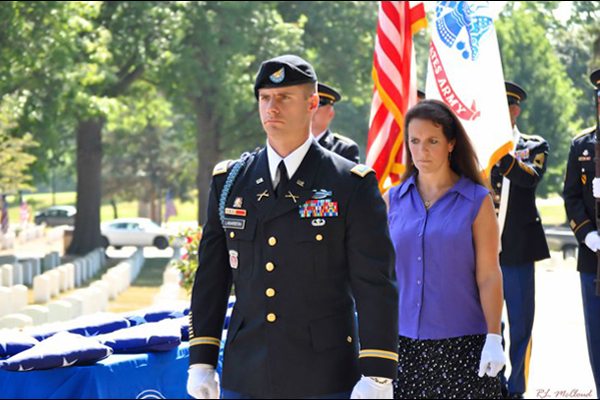
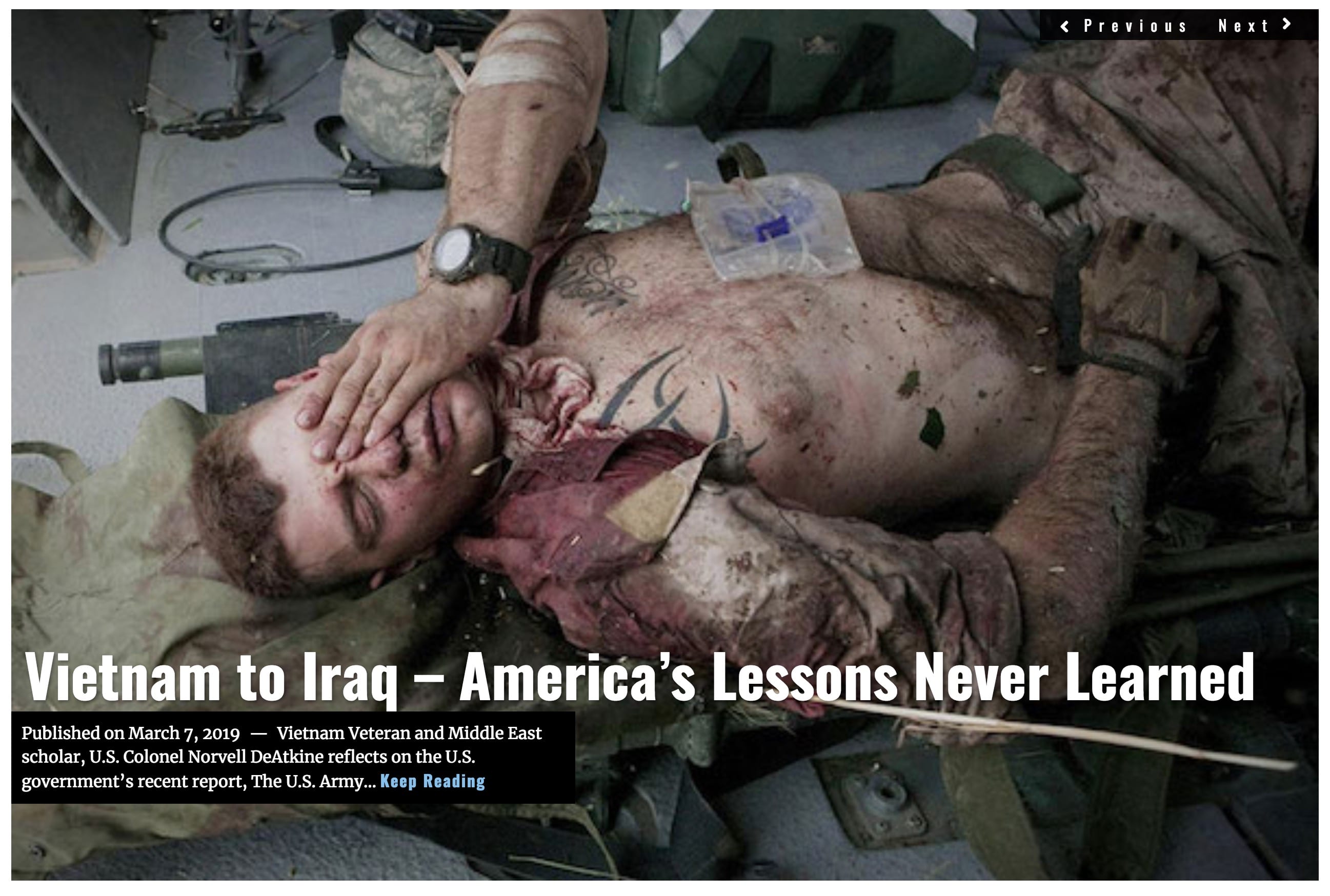

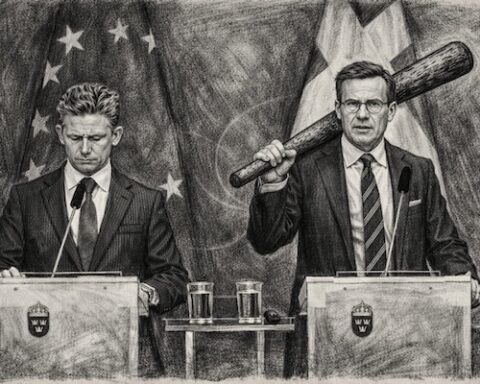

![A Trump war crime pardon dishonors us all [Lima Charlie News]](https://limacharlienews.com/wp-content/uploads/2019/05/A-Trump-war-crime-pardon-dishonors-us-all-Lima-Charlie-News-480x384.png)

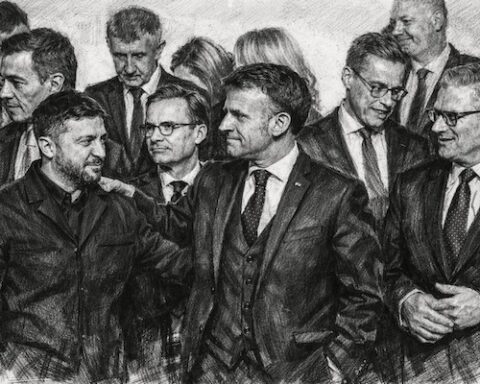
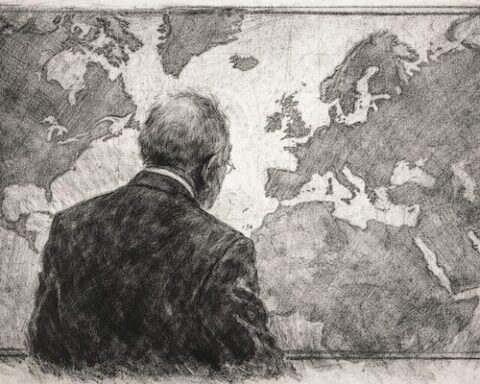



Nice one from the sharp end
Seek yea the truth and it will PO a lot of people